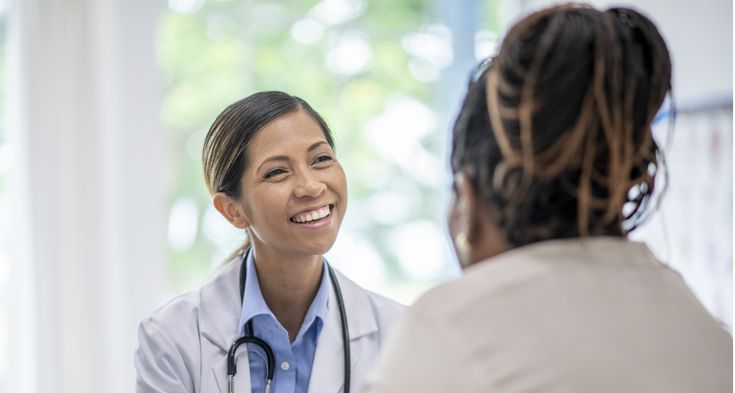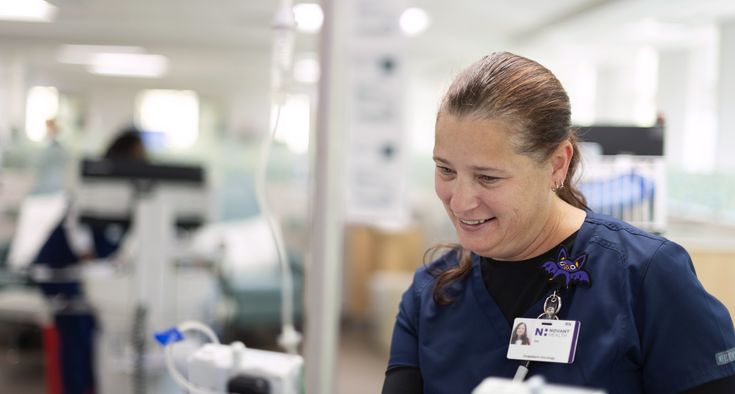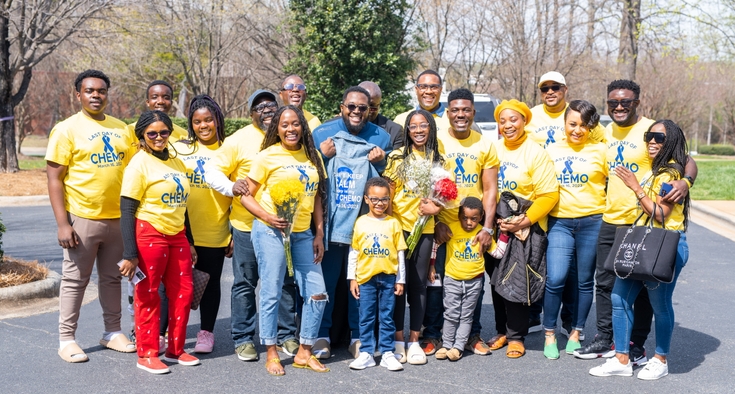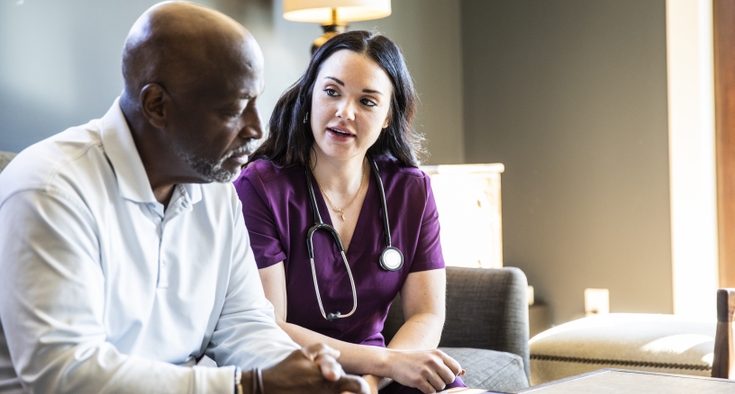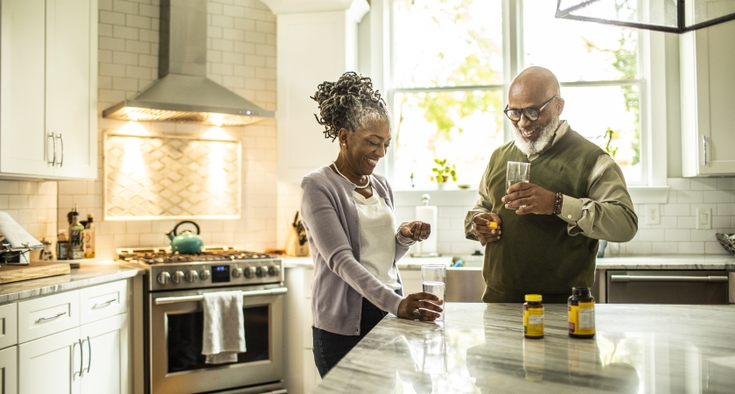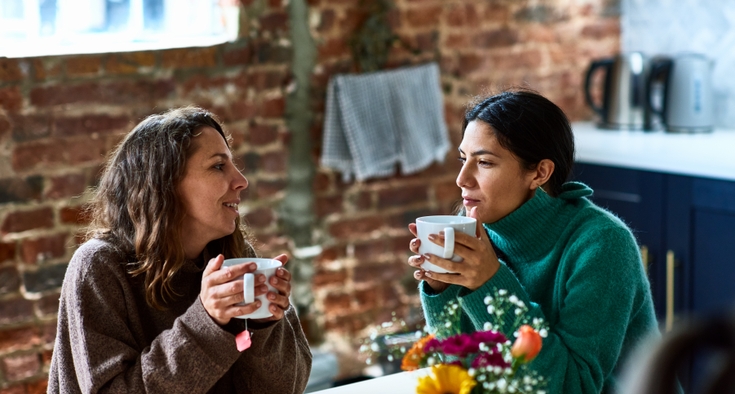Healthy Headlines readers recently posted questions in response to this story about colonoscopy prep.
Dr. Michael Dobson of Novant Health Charlotte Colon & Rectal Surgery - Huntersville answers these reader questions here.
Common questions about colonoscopies
A few years ago, studies showed that patients who ate low-fiber foods in the days leading up to a colonoscopy performed better – surgically, mentally and physically. I see providers in other states adopting this. When will you start adopting?
That’s exactly what we want patients to do.
You must not eat solid food the day before their colonoscopy. You’ll get specific instructions to follow on that front. And you should avoid high-roughage foods – beans, lentils, bran, seeds – for five days leading up to the procedure.
That’s for the patient’s benefit. If those foods are in your small intestine, they block or limit our view. And that could lead to patients needing a do-over – and no one wants that.
What can be done about the loss of immunity that follows wiping out your gut microbiome?
This is such a hot topic right now. I’m seeing articles daily about how important the microbiome is. We haven’t always recognized the importance of it. (The microbiome refers to all the microbes – bacteria, viruses, etc. – that naturally live inside us. They are microscopic but play an outsized role in our gut health and overall health.)
We now know that reestablishing a healthy microbiome after surgery is very important. Fortunately, our bodies have a natural mechanism to initiate the replenishment. Eating a healthy diet aids in the process, and taking prebiotics and probiotics can speed the process along.
See a primary care physician about scheduling a colonoscopy.
In consideration of routine polyps that came back negative in numerous previous colonoscopies, and in consideration of my age (I’ll be 87 in September), my gastroenterologist suggested I forgo further colonoscopies. Good idea?
Without knowing more about your current health and your medical history, I can’t say if this is a good idea Doctors make these decisions on a case-by-case basis.
If someone has faithfully gotten their routine screening colonoscopy every 10 years and never had any polyps of concern, they can probably have their last screening colonoscopy at 75. That’s because there’s very little chance of them now developing polyps.
But if you have a history of polyps, then the colonoscopies you’re getting aren’t screening colonoscopies; they’re surveillance colonoscopies. And people with a history of polyps need to have a colonoscopy every five years.
Last year – when I was 74 – my doctor indicated I shouldn’t have colonoscopies performed any longer as the risk of a colon tear was higher than for colon cancer. This seems odd.
Again, without knowing more about you and your health history, I can’t say if this is unusual.
In general, though, the risk of a perforation in your colon is very low – although serious – compared to the risk of colon cancer if you forego another screening colonoscopy.
Anything else you want to address about colonoscopies? Are there common questions you get from patients that might be helpful for others?
Yes. Patients are asking more and more about Cologuard, the noninvasive, at-home screening test you’ve probably seen advertised on TV. I understand why people would be interested in an easier alternative. Patients often ask me if this test is as effective as a colonoscopy. It’s not as accurate as a colonoscopy – but it’s an acceptable alternative for some.
Patients on blood thinners for cardiac issues need to come off those before getting a colonoscopy. And there are risks associated with that. For this segment of the population, Cologuard is a good option. It uses DNA to analyze your stool and look for cancer and advanced polyps. It’s pretty accurate – about 90% — at detecting cancer, but its success rate at finding polyps is lower. It’s between 40% and 60%.
About 13% of patients get a false positive indication of cancer with Cologuard. And at that point, it’s recommended that those folks have a colonoscopy – the very procedure they were hoping to avoid.





